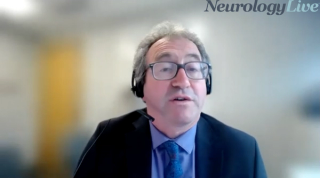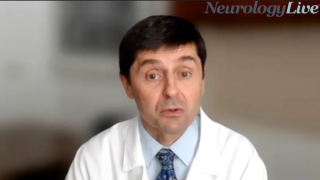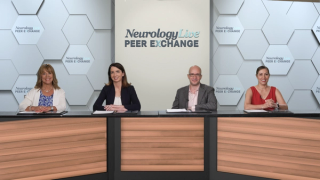
MS and Demyelinating Disorders
Latest News
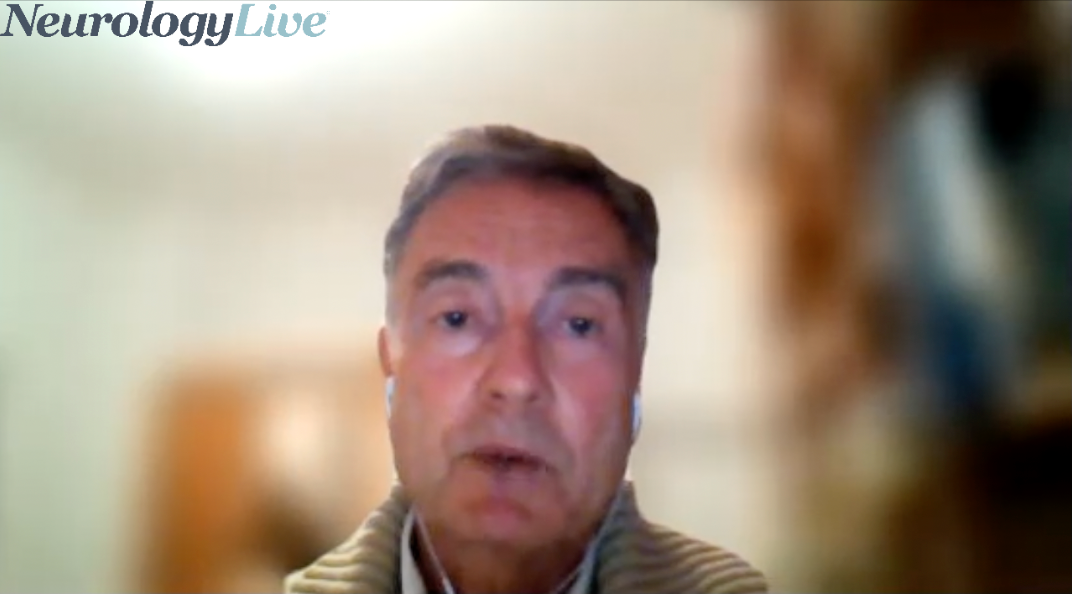
Latest Videos

CME Content
More News

Take 5 minutes to catch up on NeurologyLive®'s highlights from the week ending April 22, 2022.
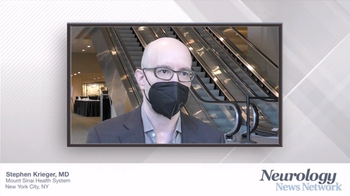
Stephen Krieger, MD, spoke about the phase 3b NOVA study (NCT03689972) data presented at AAN 2022 on natalizumab (Tysabri; Biogen) dosing regimens.

The main driver of the burden was direct medical costs, especially prescription drugs (such as disease-modifying therapies), which accounted for 54% of the total medical costs per person with multiple sclerosis.

Here's what is coming soon to NeurologyLive®.
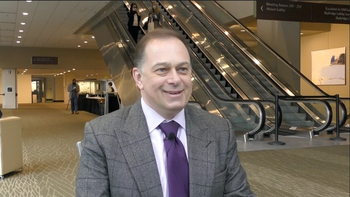
The clinical research director of the UCSF Multiple Sclerosis Center discussed the recently presented analysis on ublituximab’s effect on disability in relapsing MS and the critical need to focus on improving quality of life. [WATCH TIME: 4 minutes]

Test your neurology knowledge with NeurologyLive®'s weekly quiz series, featuring questions on a variety of clinical and historical neurology topics. This week's topic is headache and migraine.

Take 5 minutes to catch up on NeurologyLive®'s highlights from the week ending April 15, 2022.
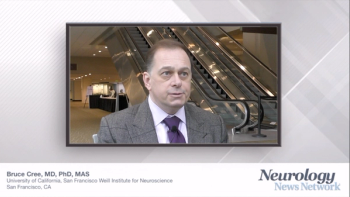
Bruce Cree, MD, PhD, MAS, FAAN, shared his thoughts on the data from the ULTIMATE I and II studies of ublituximab's effect on measures of MS disability, including EDSS and 9HPT scores.

Over 24 months, treatment with siponimod (Mayzent; Novartis) was associated with improvements in brain tissue integrity and myelination within newly formed normalized magnetization transfer ratio lesions.

Robert K. Shin, MD, offered his perspective on the novel therapies being developed for multiple sclerosis, highlighting the potential of Bruton tyrosine kinase inhibitors for progressive disease.

Here's what is coming soon to NeurologyLive®.

Data presented at the 2022 AAN Annual Meeting from the ALITHIOS and KYRIOS trials suggest that ofatumumab (Kesimpta; Novartis), an anti-CD20 therapy, is safe with up to 4 years of treatment and does not prevent the mounting of an immune response to mRNA vaccines.

Test your neurology knowledge with NeurologyLive®'s weekly quiz series, featuring questions on a variety of clinical and historical neurology topics. This week's topic is the history of the American Academy of Neurology.

Mind Moments®, a podcast from NeurologyLive®, brings you exclusive interviews with Jennifer Frontera, MD; Stephen Krieger, MD; Peter McAllister, MD; Kelly Knupp, MD, MSCS; Bruce Cree, MD, PhD, MAS; Shrujal Baxi, MD, MPH; and Indu Subramanian, MD. [LISTEN TIME: 32 minutes]

Neurology News Network for the week ending April 9, 2022. [WATCH TIME: 4 minutes]
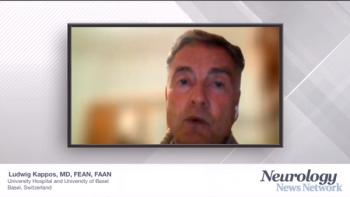
Ludwig Kappos, MD, FEAN, FAAN, provided insight on a new analysis that showed greater proportions of patients achieving no evidence of disease activity on ozanimod compared with interferon ß-1a.

Take 5 minutes to catch up on NeurologyLive®'s highlights from the week ending April 8, 2022.

The clinical research director of the UCSF Multiple Sclerosis Center offer his perspective on the 3 available agents for the treatment of patients with neuromyelitis optica spectrum disorder. [WATCH TIME: 2 minutes]

Dejan Jakimovski, MD, PhD, research assistant professor, Buffalo Neuroimaging Analysis Center, discussed his presentation at AAN 2022 on the associations between cerebral hypoperfusion and increased axonal pathology in MS.

Low annualized relapse rates determined by investigator were observed and sustained over a 3.5-year period with treatment of satralizumab.
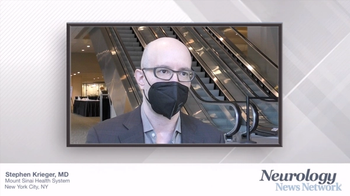
Stephen Krieger, MD, spoke about the latest safety data on ofatumumab (Kesimpta; Novartis) and the progress made in novel therapeutics for multiple sclerosis.

One-year data from the single-arm phase 3b CONSONANCE trial (NCT03523858) suggest that the Genentech agent (Ocrevus) resulted in low levels of disease activity and improved cognitive performance in those with secondary and primary progressive multiple sclerosis.

The clinical research director of the UCSF Multiple Sclerosis Center discussed new data presented at AAN on inebilizumab (Uplizna; Horizon) in neuromyelitis optica spectrum disorder. [WATCH TIME: 4 minutes]

Robert Zivadinov, MD, PhD, offers his insight into the findings from the DeepGRAI registry of thalamic volume measurement on multicenter clinical-quality T2-FLAIR images in multiple sclerosis.

Here's what is coming soon to NeurologyLive®.







